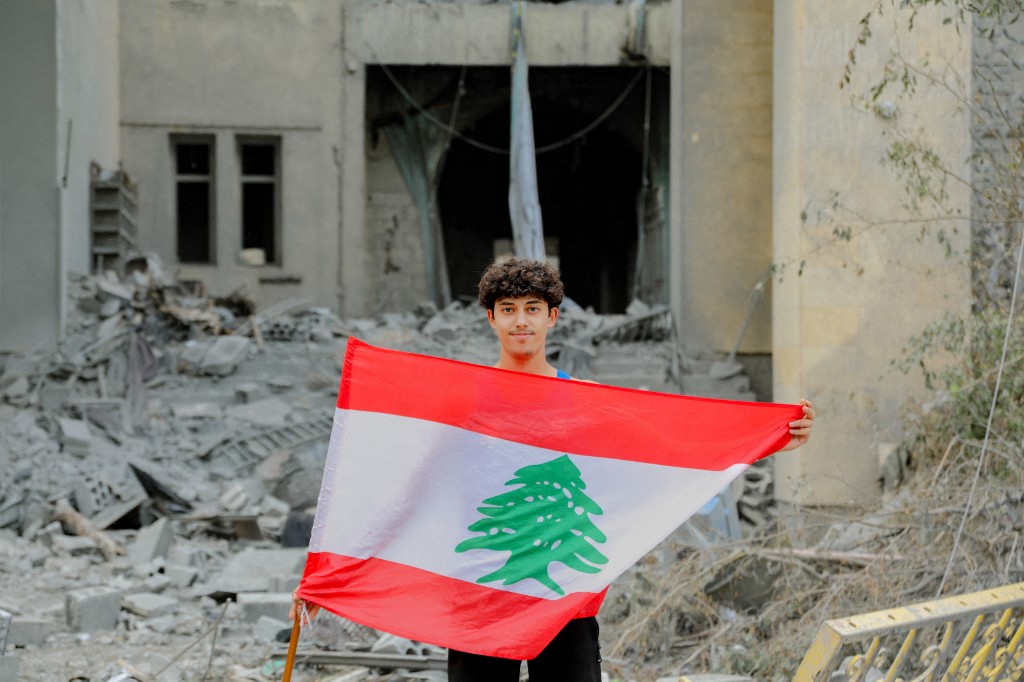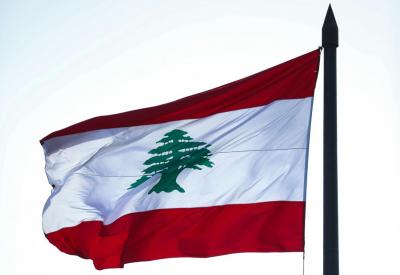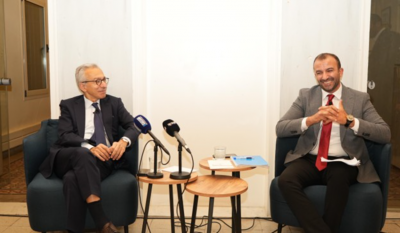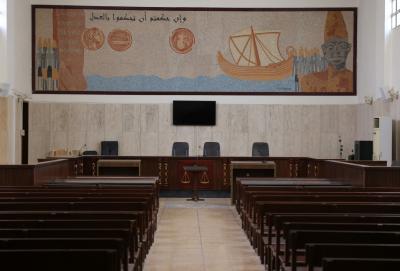From the newly published book “The 21st Century: An Era in Search of Identity” by Dr. Manaf Mansour—former Director General of the Ministry of Information and Presidential Office—we excerpt a section from the chapter titled “Beyond Developmental Integration and Social Solidarity.”
Throughout modern history, two key dimensions have shaped our civilizational vision:
- The pursuit of the ideal or the absolute (as seen in religious and classical traditions)
- The quest for the self (as reflected in romantic, symbolic, surrealist, existential, impressionist, and dialectical philosophies)
Yet, as science advanced and technology evolved, a growing sense of disillusionment emerged. Neither the ideal alone nor the self alone seemed sufficient. This realization led me, since the 1970s, to advocate for a new civilizational dimension—one that paves the way toward a modern civic future, free from:
- The degradation of politics into “contracting,” where democracy is reduced to whim and justice becomes a matter of opinion rather than of principle
- Recurrent economic and financial crises
- A widening gap between the fatigue of thought, art, philosophy, and poetry on one side, and the ascendancy of science and technology on the other
In my 1986 book “The Arab Modernity Mentality: In Search of a Third Dimension,” I argued that humanity’s sense of frustration stems from its realization that it can replicate what nature has created—and now can even surpass it.
I concluded in another section titled “The Middle East in the Coming Age: God’s Continent or the Continent of Blood” with the thought:
“Every civilization self-destructs when it equates itself with life. Life remains. Civilization does not. You own nothing; everything resides within you. Always strive toward the land not yet built. Do not let your heart be the resting place of the past. Live instead in the future’s heartbeat. The greatest feat in life is to become a living idea that furthers life. Everything tends toward becoming an idea.”
In my 2019 book “The Middle East: From the Unseen to the unconsciousness,” I chronicled the transformation of the region’s state structure—from identity-based states to component-based entities—and called for a bold pursuit of integration and solidarity to counter the emerging “neotribalism,” asking: “Is neotribalism the ideology of the 21st century?”
Just as Lebanon once pioneered modernization—ushering in liberal ideas, daring fashion, and luxury towers—it now stands poised to shape the Middle East anew.
From the 1916 Sykes-Picot Agreement to the 1948 founding of Israel, French and British mandates spanned the Levant, aiming to transition the region from Ottoman provinces to modern nation-states.
Post-1948, independence movements flourished but often fell short of true sovereignty, suggesting that “to be independent is to become less.” This paradox was reinforced by the rise and later the unraveling of pan-Arab ideologies, fueled partly by Western influence and local elites, especially in Lebanon, Egypt, and Syria.
In the early 21st century, two major currents swept the Arab world:
- The expansion of Iranian influence across Iraq, Syria, Lebanon, Yemen, and Gaza
- The eruption of the Arab Spring, or what some dubbed “creative chaos”
While Iran’s regional ambitions accelerated normalization between Israel and several Arab states, the Arab Spring achieved the following:
- Dismantled the myth of the eternal leader
- Weakened Arab militaries
- Crushed the concept of centralized nation-states as functioning institutions
The assassination of Hezbollah’s Secretary-General Hassan Nasrallah, along with most of the party’s military and political leadership, and Hezbollah and Amal’s subsequent acceptance of UN Resolution 1701 and its annexes—formally endorsed by Lebanon’s caretaker government—marked the end of an era that began in 2000.
The election of General Joseph Aoun as President on January 9, 2025, and the formation of Prime Minister Nawaf Salam’s new government signaled Lebanon’s transition into a new chapter: the launch of the modern civil state and Lebanon’s renewed regional and global role.
Committing to the full implementation of Resolution 1701 effectively means the withdrawal of Iranian influence from Lebanon, just as it had occurred in Syria following the establishment of a new government in Damascus on January 8, 2025.
Lebanon has begun to:
- Exit the cycle of shifting regional guardianship
- Fortify its internal unity
- Reclaim its traditional and future role as a bridge, first between the East’s own cultures, and second between East and West
In this light, Lebanon’s model of internal integration could serve as a blueprint for broader Middle Eastern pluralistic cooperation.
Looking ahead, Lebanon is poised to assume roles as:
- A cultural and educational hub
- A center for media and cybersecurity
- A key player in finance, tourism, and economic innovation
Lebanon’s recovery ultimately depends on a strategic triangle: security, development, and positioning. Without it, Lebanon risks remaining a dumping ground for the region’s crises—an arena for internal discontent—while the Middle East remains a battlefield of closed wars in an ostensibly open bloc.
Please post your comments on:
[email protected]
 Politics
Politics













